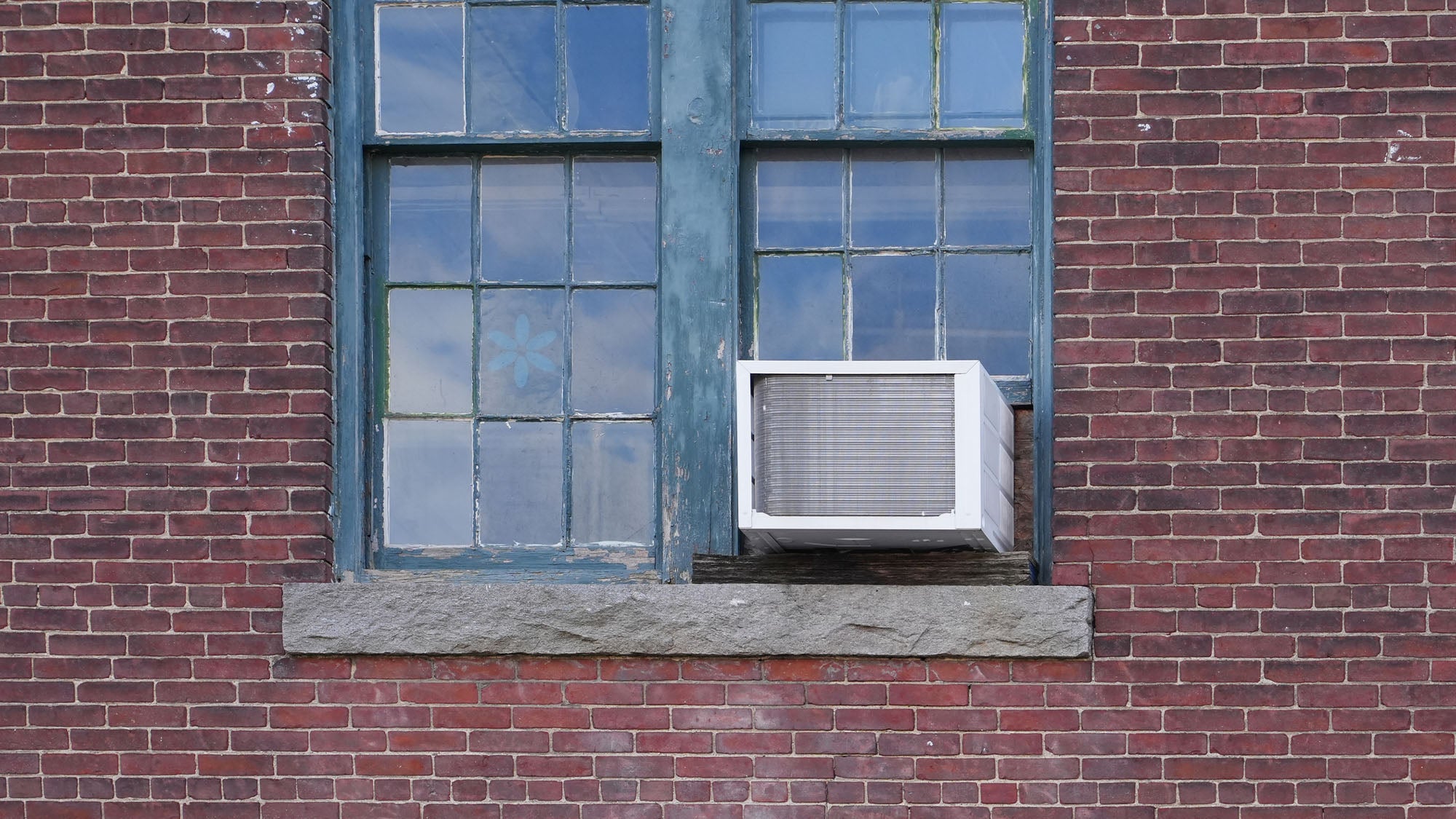Federal funds cut for study that would’ve provided low-income Boston residents with free AC

Dozens of Boston residents without air conditioners were on track to get them this summer, thanks to a Harvard T.H. Chan School of Public Health study aimed at analyzing the health impacts of making air conditioning more widely accessible, particularly to people with medical conditions. But money for the study was rescinded as part of the Trump administration’s $3 billion in funding cuts to Harvard University, forcing project leader Gary Adamkiewicz, associate professor of environmental health and exposure disparities, to scale back the scope.
“It really breaks my heart that yesterday was the day that folks could have really benefited from already having an air conditioner,” Adamkiewicz said in June after temperatures in the city soared to 102 degrees. He was quoted in a July 30 Boston Globe article.
The study would’ve provided 100 Boston residents—including many in public housing—with air conditioners. Half the participants were slated to get the units this summer, and half next summer, so that researchers could compare the two groups. After the study lost funding, Adamkiewicz patched together enough money to proceed, but only with 60 residents—leaving 40 without the chance to participate.
Another Harvard Chan School study aimed at improving the health of Bostonians, led by Mary Rice, Mark and Catherine Winkler Associate Professor of Environmental Respiratory Health and director of the Center for Climate Health and the Global Environment (C-CHANGE), also lost its funding, the article noted. That study was evaluating whether air purifiers could protect a group of 180 Boston-area residents with chronic obstructive pulmonary disease (COPD) from health-threatening air pollution.
Rice and her team—on the last leg of a five-year grant—secured enough funding to complete the collection of participants’ blood and nasal fluid samples. But without the federal money they still lack the resources to analyze these samples and look for biomarkers of pollution exposure and inflammation.
For now, they will maintain these samples in a freezer as they seek more funding.
“I have put so much energy into this study,” Rice told the Globe. “I am trying to find a way.”
Read the Boston Globe article: ‘It breaks my heart.’ Trump’s cuts to Harvard leave Boston’s vulnerable sweltering without AC.


